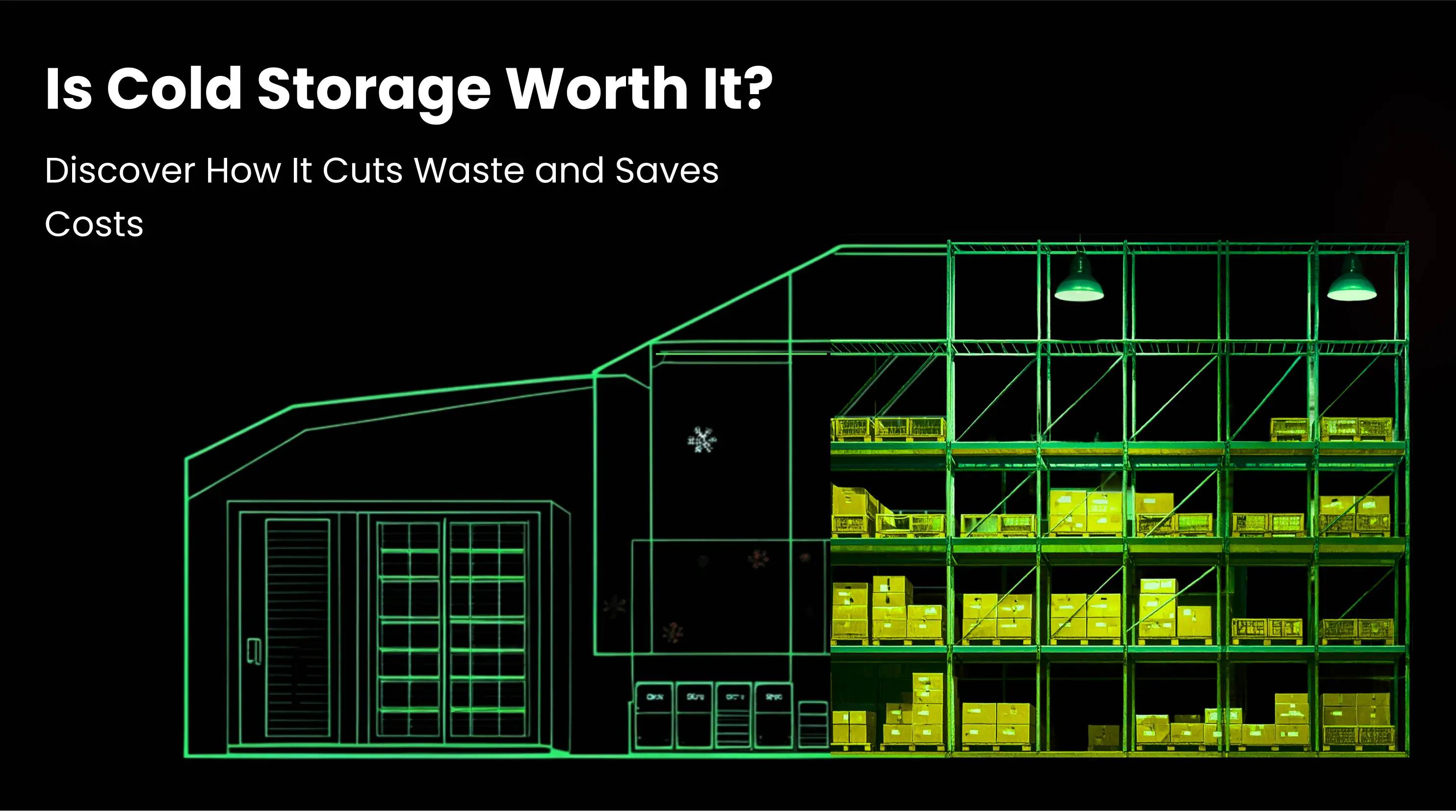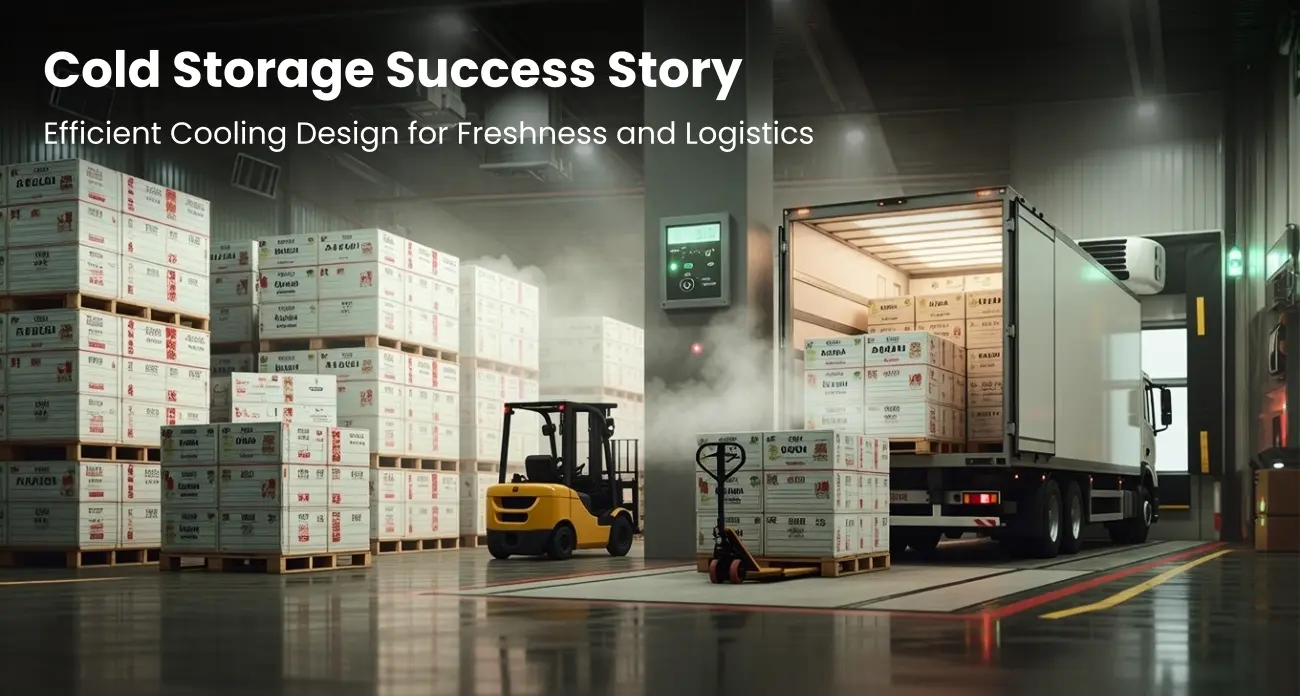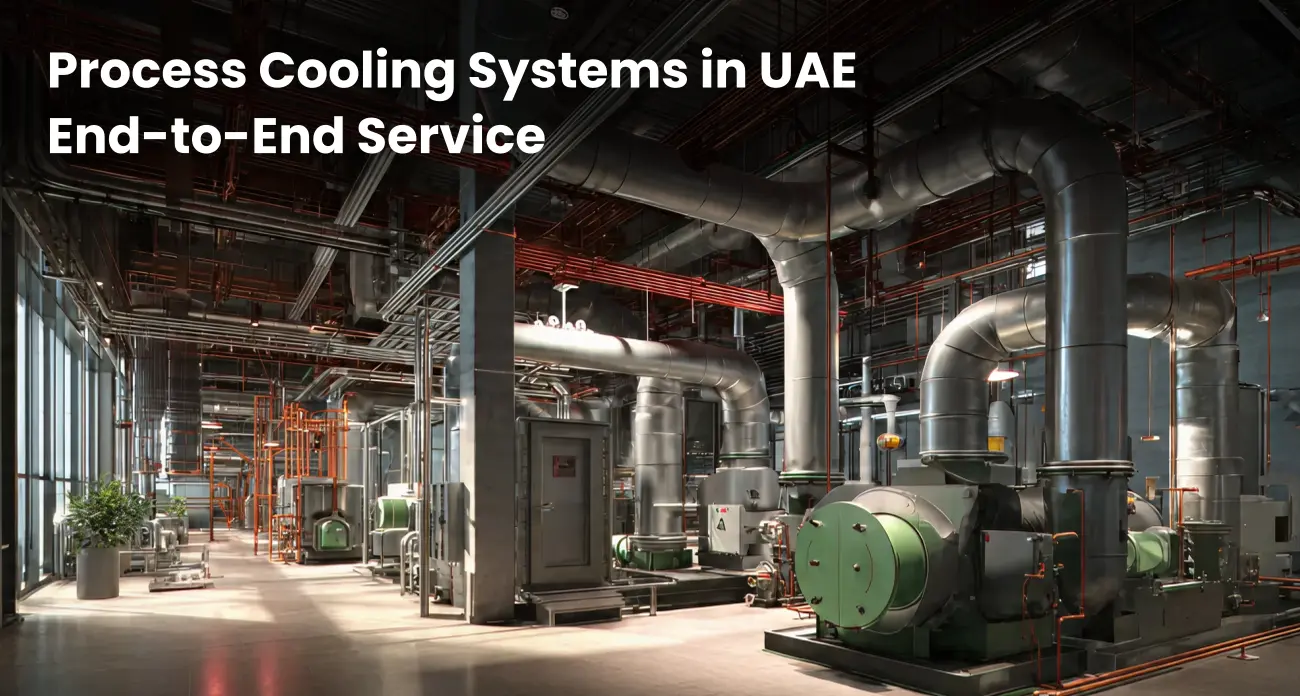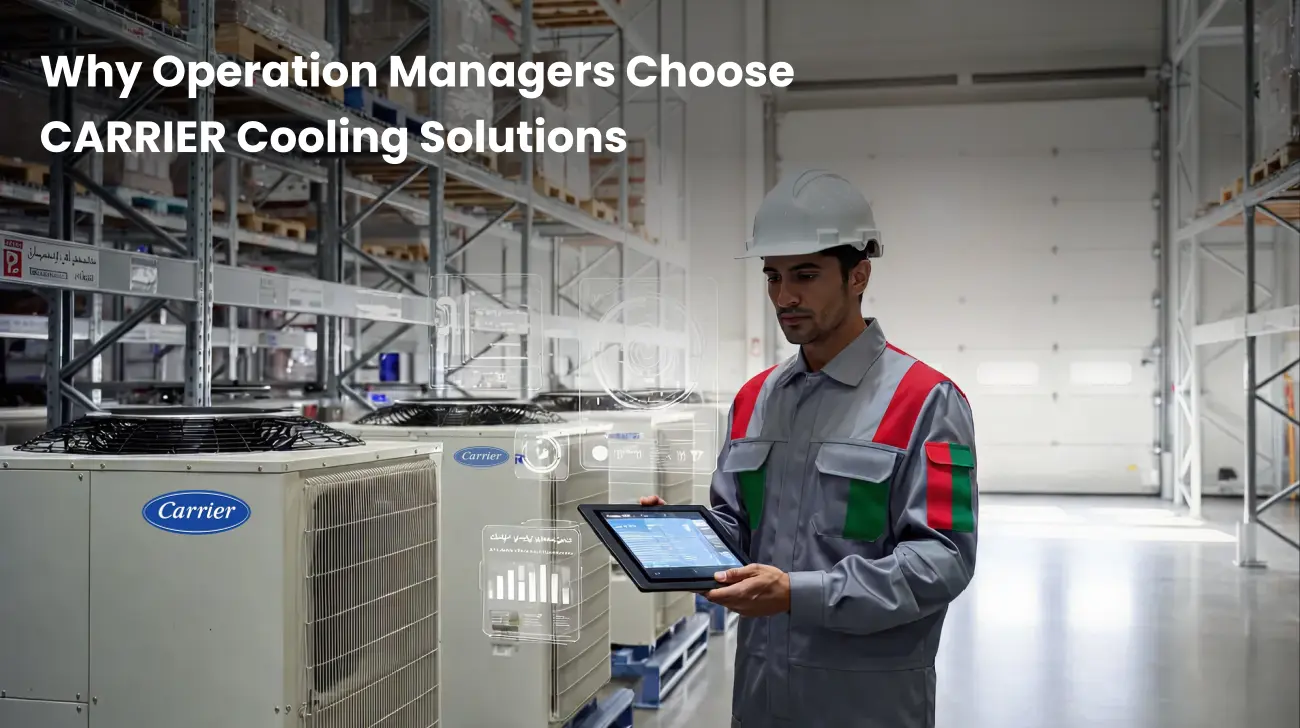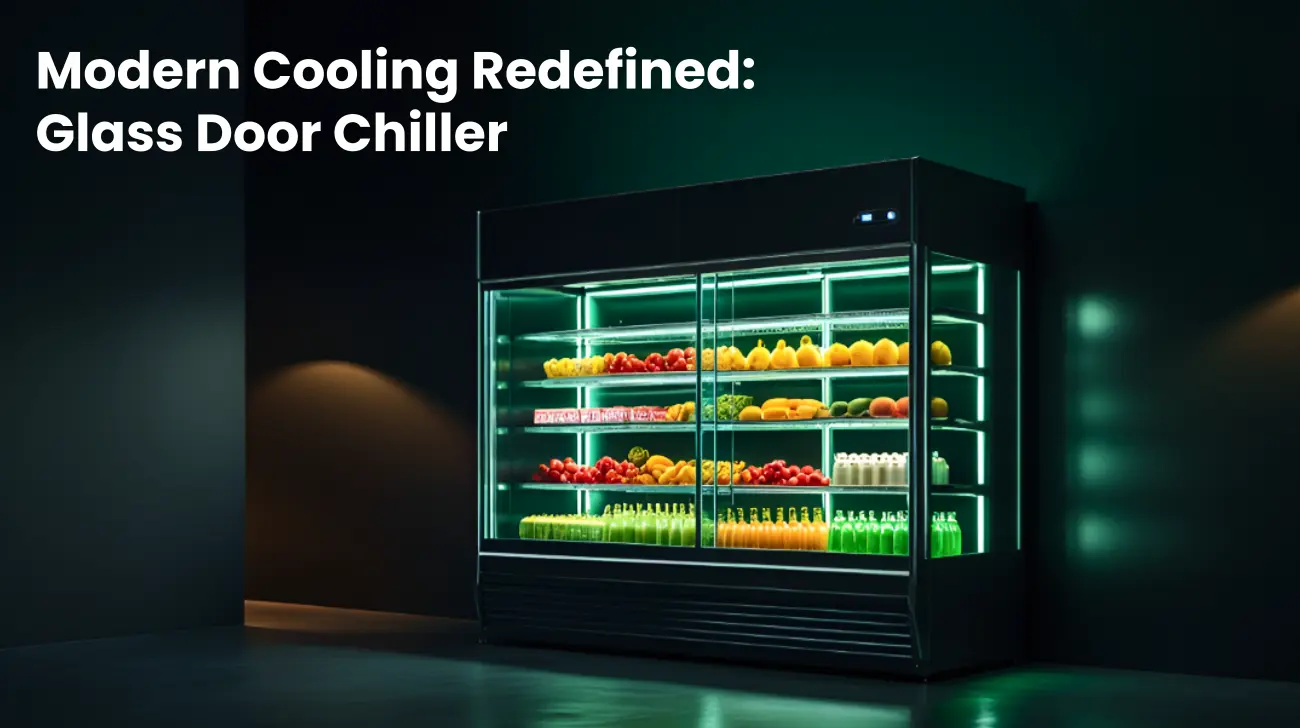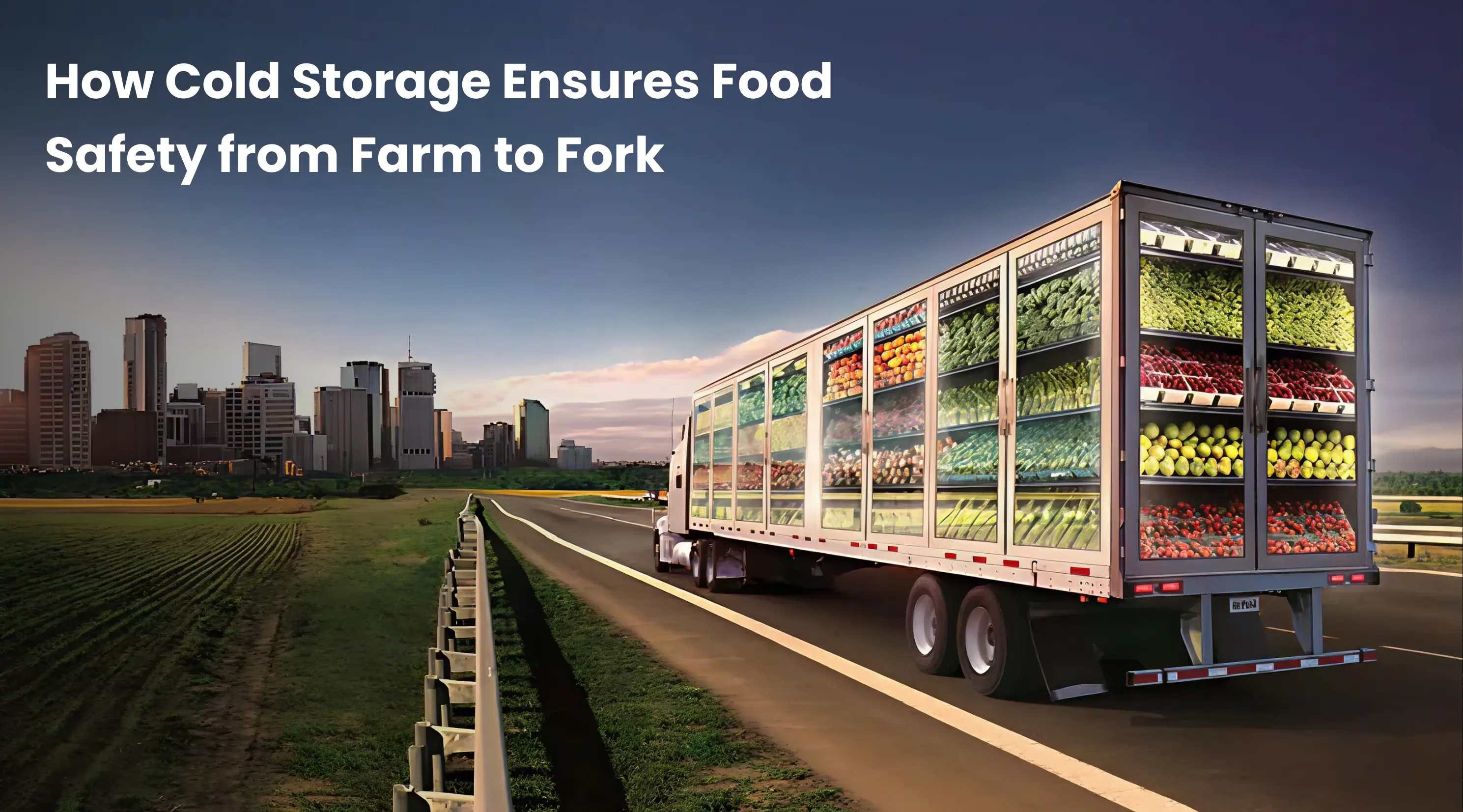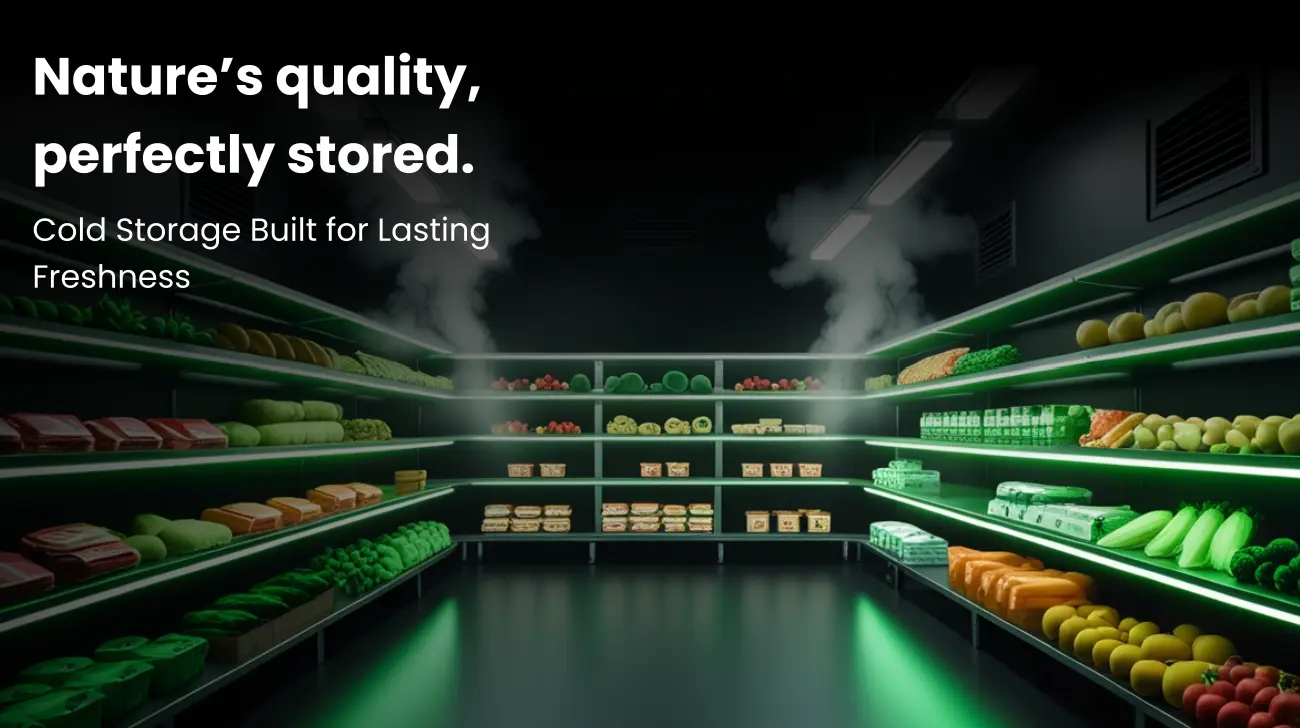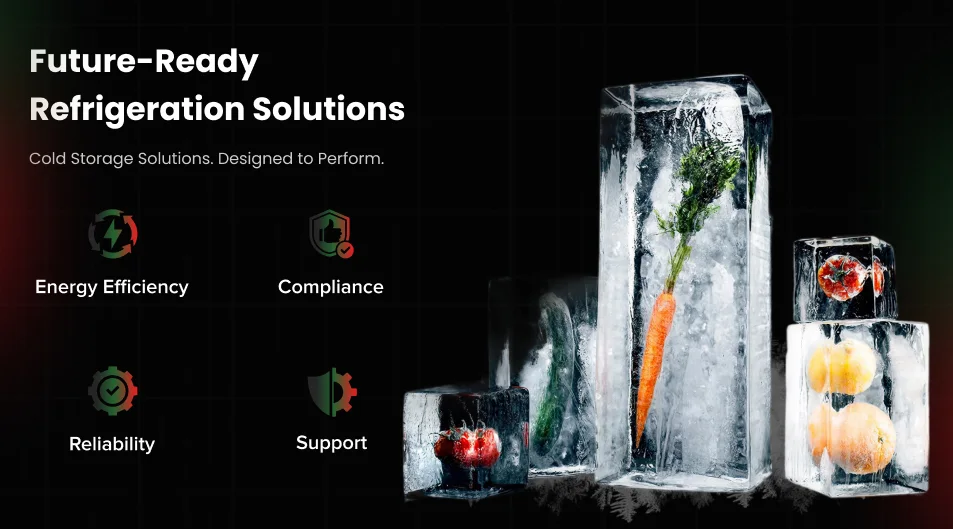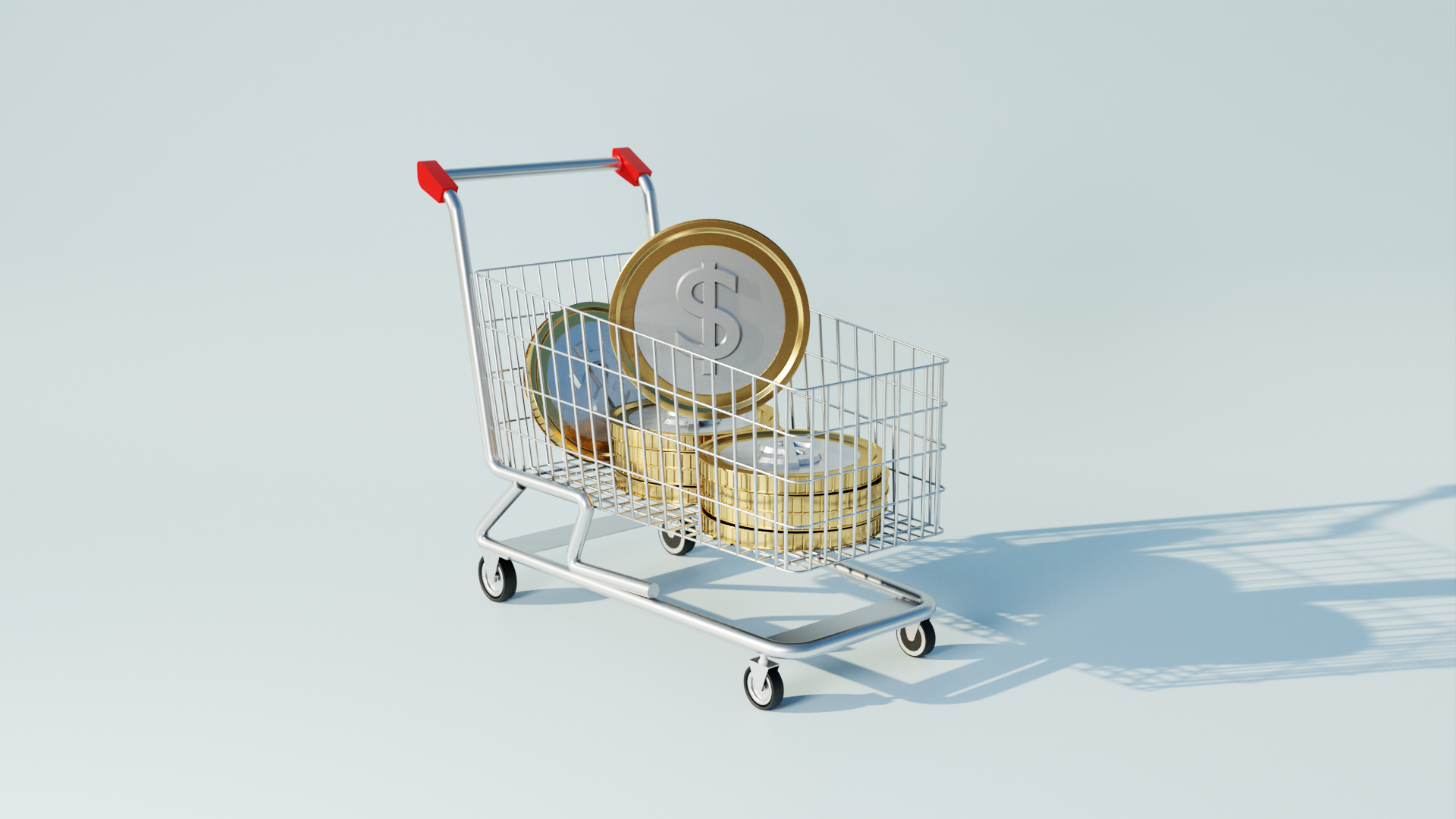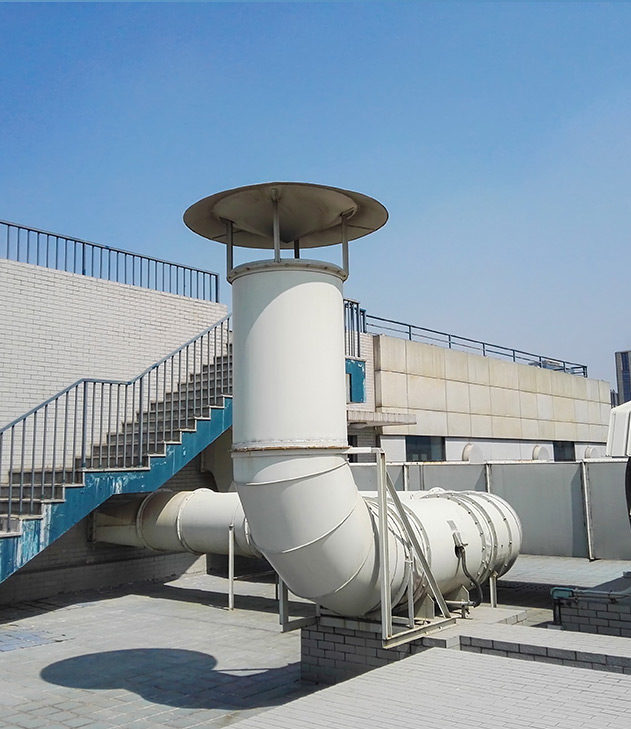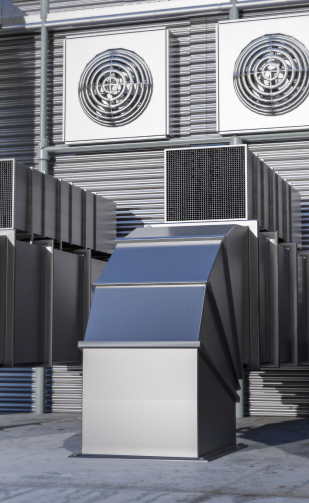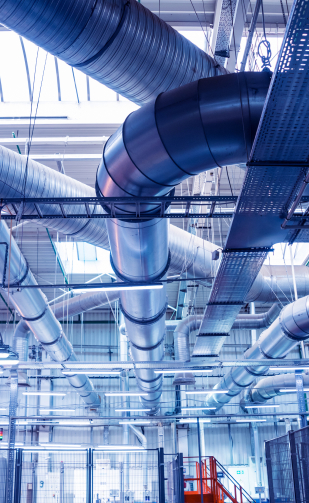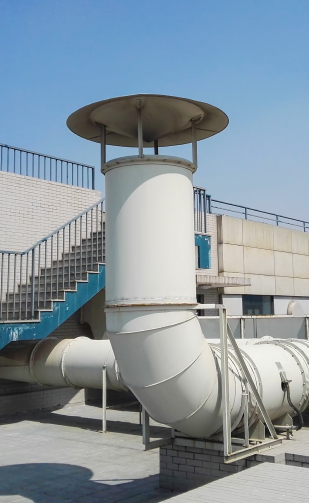For businesses that rely on food, pharmaceuticals, or temperature-sensitive products, one big question often comes up: is cold storage worth the investment? The short answer - yes, absolutely. But the real value lies not just in keeping products cold, but in how cold storage systems reduce waste, lower costs, and improve long-term business efficiency.
In this article, we’ll explore the value and ROI of cold storage, how it helps with waste reduction, where it fits across different industries, why maintenance matters, and how future-ready solutions are shaping smarter businesses.
Cold Storage Value & ROI
When decision-makers evaluate, the first concern is usually cost. Installing and running these systems isn’t cheap, so the ROI must be clear.
Here’s why businesses see value:
- Extended product shelf life → Less spoilage, fewer losses.
- Operational savings → Energy-efficient which lowers utility bills.
- Compliance with safety standards → Avoid penalties and reputation risks.
- Customer satisfaction → Reliable storage ensures consistent product quality.
Instead of thinking of cold storage as an expense, think of it as an investment in protecting revenue streams. Businesses that depend on perishable goods often recover their investment quickly by reducing losses.
Waste Reduction & Efficiency
Food waste, pharmaceutical spoilage, and inventory loss are massive global issues. Use one of the most practical tools to tackle them.
- Reduce food waste: By keeping perishable goods fresh, restaurants, supermarkets, and distributors cut down on expired stock.
- Lower energy costs: Newer, energy-efficient cold storage systems consume less electricity while maintaining optimal temperatures.
- Operational efficiency: Smart monitoring alerts businesses before a breakdown occurs, preventing last-minute losses.
For decision-makers, the efficiency factor goes beyond waste reduction - it’s also about streamlining operations so staff and resources are used more effectively.
Industry Applications
Storage isn’t limited to one sector; it’s a backbone for multiple industries. Here’s how it applies:
- Supermarkets & Retail → Keep dairy, meat, and produce fresh with specialized refrigeration units.
- Restaurants & Hospitality → It ensures chefs always have safe, high-quality ingredients ready to serve.
- Pharmaceuticals → Medicines and vaccines require precise temperatures for effectiveness.
- Logistics & Distribution → It ensures products survive long-distance transport without spoilage.
- Agriculture & Dairy → Farmers and suppliers depend on cold rooms to store milk, meat, and fresh produce before they reach markets.
Each industry has its own unique storage needs, but the common theme is clear: protects the supply chain from costly disruptions.
Maintenance & Reliability
A common mistake businesses make is investing in high-quality cold storage but ignoring its upkeep. Its maintenance is critical to reliability and long-term cost savings.
- Routine servicing keeps systems efficient and extends their lifespan.
- Preventive checks identify small issues before they become expensive breakdowns.
- Reliable repair services minimize downtime, protecting perishable stock.
Think of maintenance as insurance for your investment. With regular checks, businesses avoid sudden failures that could result in thousands of dollars in losses.
Future & Sustainability
Today’s systems aren’t just about temperature - they’re about intelligence, sustainability, and integration with modern business needs.
- Smart cold storage: IoT-enabled units provide real-time monitoring and predictive alerts.
- AI-driven efficiency: Automated systems adjust temperatures based on product load, reducing energy consumption.
- Green refrigerants: Eco-friendly cooling technologies reduce environmental impact and help businesses meet sustainability goals.
- Automation & robotics: Advanced warehouses now integrated with automated handling for greater efficiency.
For businesses looking ahead, investing in future-ready chilled storage facility is both cost-effective and environmentally responsible.
FAQs
Q1. Is cold storage really worth the cost?
Yes. The savings from reduced waste, lower energy use, and extended product life usually outweigh the initial investment.
Q2. Which industries benefit most from cold storage?
Food, pharmaceuticals, logistics, retail, and hospitality all depend heavily on cold storage to keep products fresh and safe.
Q3. How does cold storage help reduce waste?
It prevents spoilage by maintaining consistent temperatures, ensuring products stay fresh longer.
Q4. What role does maintenance play in chilled storage facility?
Regular maintenance improves reliability, reduces energy bills, and prevents costly breakdowns.
Q5. What’s the future of cold storage technology?
Smart monitoring, AI-driven efficiency, eco-friendly refrigerants, and automation are shaping the future of sustainable chilled storage.
Key Takeaways
- Value & ROI → Strong investment that reduces losses and ensures compliance.
- Waste Reduction & Efficiency → Less spoilage, lower energy bills, and streamlined operations.
- Industry Applications → Essential for food, pharma, retail, logistics, and agriculture.
- Maintenance & Reliability → Regular servicing prevents breakdowns and protects investments.
- Future & Sustainability → Smarter, greener, and more efficient solutions are shaping the next generation of chilled storage facility.
Final Word
So, is it worth? For any business handling perishable goods, the answer is a resounding yes. Beyond simply keeping products cool, cold storage cuts waste, saves costs, improves efficiency, and prepares businesses for a smarter, greener future. When managed well - with proper installation, regular maintenance, and future-ready upgrades—cold storage isn’t just worth it; it’s indispensable.

